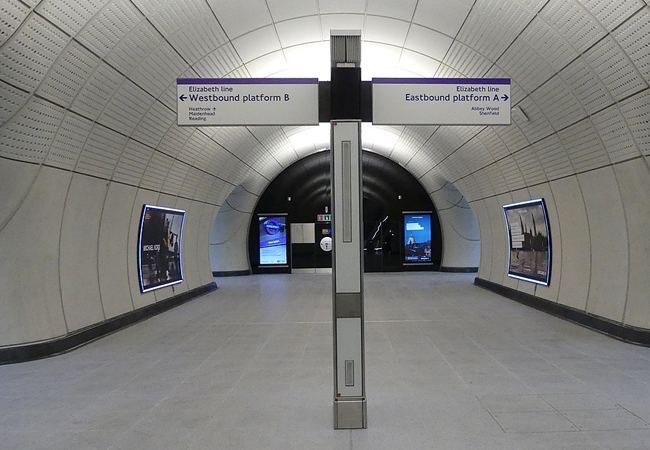
Engineers have called on the government to invest in the decarbonisation of the economy in the upcoming Autumn Spending Review.
In a joint paper with 40 engineering organisations, the National Engineering Policy Centre (NEPC) called on the government to invest in a resilient infrastructure system to decarbonise the economy.
Professor Sir Jim McDonald FREng FRSE, President of the Royal Academy of Engineering, said: “It is a crucial time for government to take practical actions to help the economy recover while addressing inequalities and reducing our carbon emissions.”
According to the paper, the government should prioritise long-term infrastructure requirements and allow regions to create their own strategies.
The paper said the UK needed to devise a national workforce planning strategy to create jobs and spread opportunities across the country.
It warned that world-leading ambitions on net zero, infrastructure and digitalisation would be threatened, if there were not enough people with the engineering and technical skills to deliver them.
The government should form an evidence-based STEM education strategy, said the paper, to address issues such as chronic shortages of physics, mathematics, computing and technology teachers and diversity challenges in STEM subjects
The paper said the government should boost the number of people completing higher technical qualifications and engineering apprenticeships.
It added that offsite manufacturing for new projects and low-carbon retrofitting for existing buildings should be incentivised by government to improve efficiency and reduce carbon emissions.
To support the digital economy the paper said the government should also invest in broadband and 5G. It also recommended increasing Innovate UK’s budget and more joint ventures between government and industry.
It said that offsite manufacturing for new projects and low-carbon retrofitting for existing buildings should be incentivised by government to improve efficiency and reduce carbon emissions.
The paper said a transformational change in energy was also required and called for investment in low carbon heat technologies, carbon capture, usage and storage, low-carbon hydrogen production and nuclear generation capacity.




